For families navigating the complexities of Autism Spectrum Disorder (ASD), the search for effective treatments is a journey of hope. In recent years, regenerative medicine has offered a promising new avenue. Parents across the globe are sharing remarkable stories of progress after their children received stem cell therapy, reporting improvements in communication, social interaction, and overall quality of life.
This collection of real patient success stories highlights the transformative impact that stem cell therapy can have. Hear directly from families who have witnessed incredible changes and found new hope for their children's future.
Table of Contents
1. Claudio's Story: Finding Hope in Mexico
"We tried so many treatments for my son Claudio, but nothing seemed to work. Then we found MexStemCells Clinic. Claudio is doing things we never thought possible! He's more interested in the world and can move his body better. You've given my son a new chance at life."
- Claudio's Mom
Claudio's family had almost lost hope after trying numerous conventional treatments for his ASD, which included communication challenges and repetitive behaviors. After receiving stem cell therapy in Mexico, his therapists were amazed by his progress. He showed reduced repetitive actions and significant improvements in his motor skills and engagement with his surroundings.
2. Aditya's Story: Thriving in India
"Our son Aditya couldn't talk or play with others very well. After stem cell therapy at StemRx Clinic, he's like a different child! He talks more, plays with friends, and does great in school! We hope our story helps other families."
- Aditya's Dad
Aditya struggled with social interaction and speech, which impacted his school life. His parents decided to try stem cell therapy in India. Following the treatment, Aditya experienced remarkable changes, becoming more verbal and social. His academic performance improved so dramatically that he achieved high scores on his school exams, showcasing a profound transformation.
3. Reland's Story: A Breakthrough in Thailand
"Stem cell therapy at Beike Hospital has been amazing for my daughter! She used to have trouble talking and playing with others. Now, she can tell me how she feels and has more friends! We're so happy to see our daughter doing so well."
- Elizabeth, Reland's Mom
Reland faced significant challenges with speech and social interaction. After her mother discovered stem cell therapy at Beike Hospital in Thailand, Reland made incredible strides. Her ability to communicate her feelings improved, and she began forming friendships, marking a significant step forward in her development and happiness.
4. How Stem Cell Therapy for Autism Works
While traditional therapies for autism focus on behavior and skill development, stem cell therapy works on a biological level. The goal is to address underlying issues like brain inflammation and connectivity problems that are often associated with ASD.
- How it Works: The therapy involves administering mesenchymal stem cells (often from donated umbilical cord tissue) into the patient's body. These powerful cells are known to reduce inflammation, promote the repair of damaged neural tissue, and improve blood flow in the brain.
- Potential Benefits: Patients have reported improvements in speech, focus, social skills, sleep patterns, and digestion.
5. Top Autism Treatment Centers Worldwide
Many specialized centers around the world offer stem cell therapy for autism. Here are some of the leading clinics:
| Clinic | Location |
|---|---|
| MexStemCells Clinic | Mexico City, Mexico |
| GIOSTAR Hospital | Bengaluru, India |
| Vega Stem Cell Clinic | Bangkok, Thailand |
| Alevy Regenerative Medicine | Colombia |
| Dr. Omar Gonzalez Integra Medical Center | Nuevo Progreso, Mexico |
See a full list of top-rated autism treatment centers ?
6. Frequently Asked Questions (FAQs)
What results can we realistically expect?
Results vary for each child, but common improvements include enhanced speech and communication, better focus and eye contact, and reduced repetitive behaviors.
Is the procedure safe?
When performed at a reputable, licensed clinic, stem cell therapy has a strong safety profile. The procedure is minimally invasive, typically involving an IV infusion.
Where do the stem cells come from?
Top clinics use mesenchymal stem cells (MSCs) ethically sourced from donated umbilical cord tissue, which is screened for health and viability.
How much does stem cell therapy for autism cost?
The cost varies by clinic and location but is often more affordable in destinations like Mexico or India. See our guide on the cost of stem cell therapy ?
Start Your Journey with Hope
These stories represent a fraction of the positive outcomes families have experienced. If you are exploring new treatment options for your child, stem cell therapy may offer a path toward significant progress and a brighter future.
Contact PlacidWay today to get a FREE consultation and learn more about whether stem cell therapy is right for your child. Our team is here to help you navigate your options with compassion and expertise.

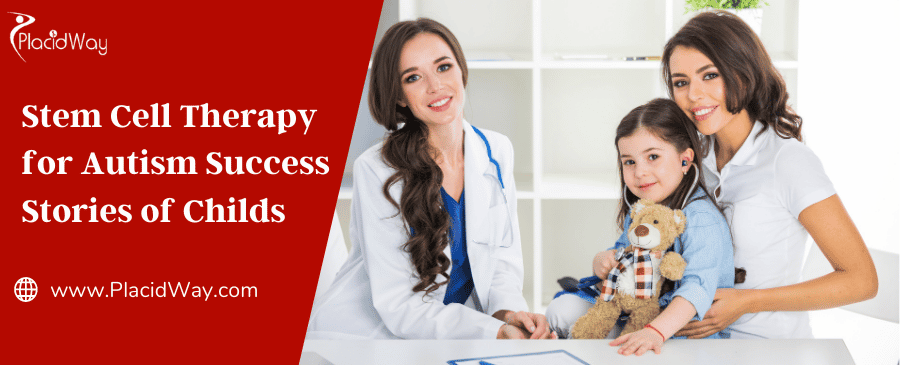

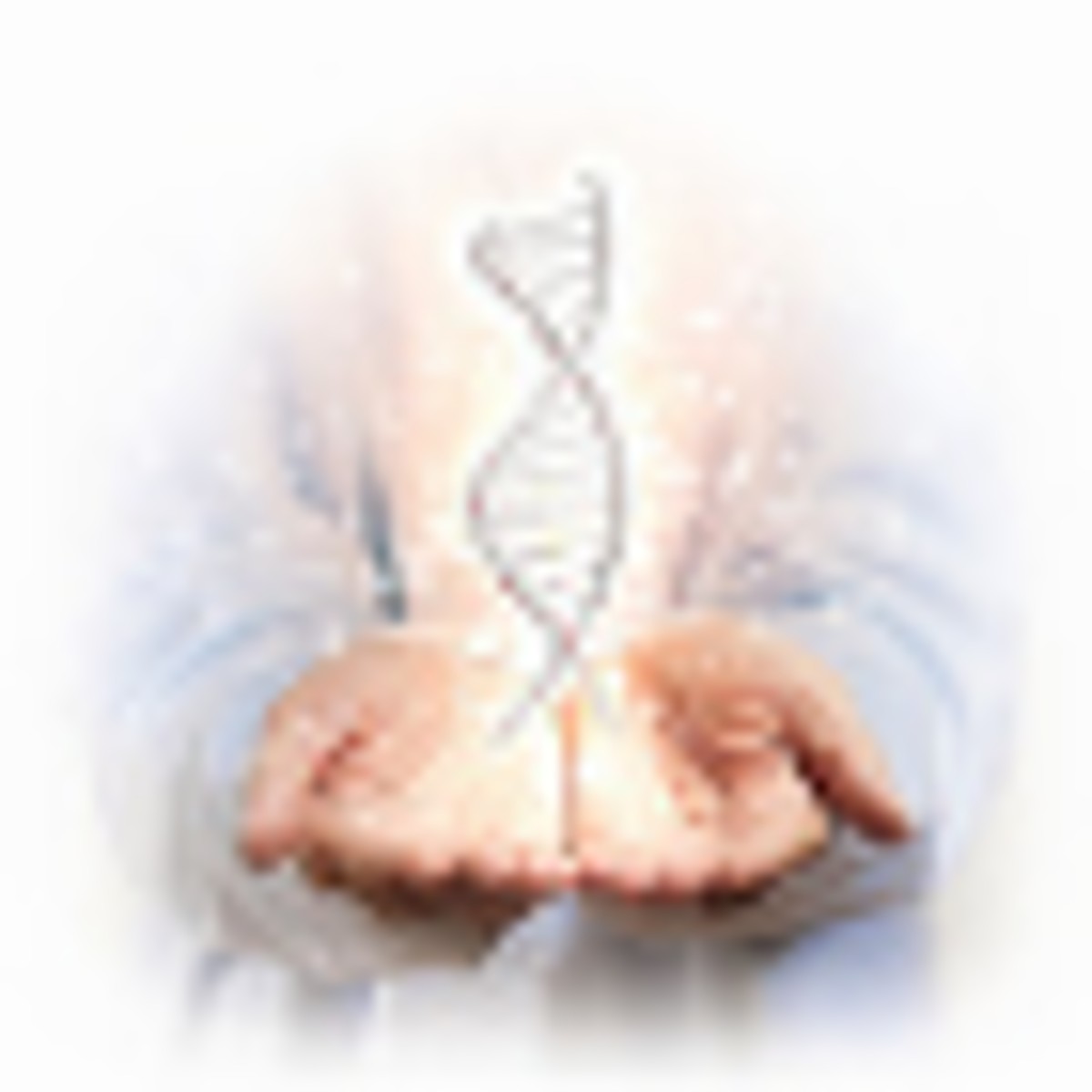

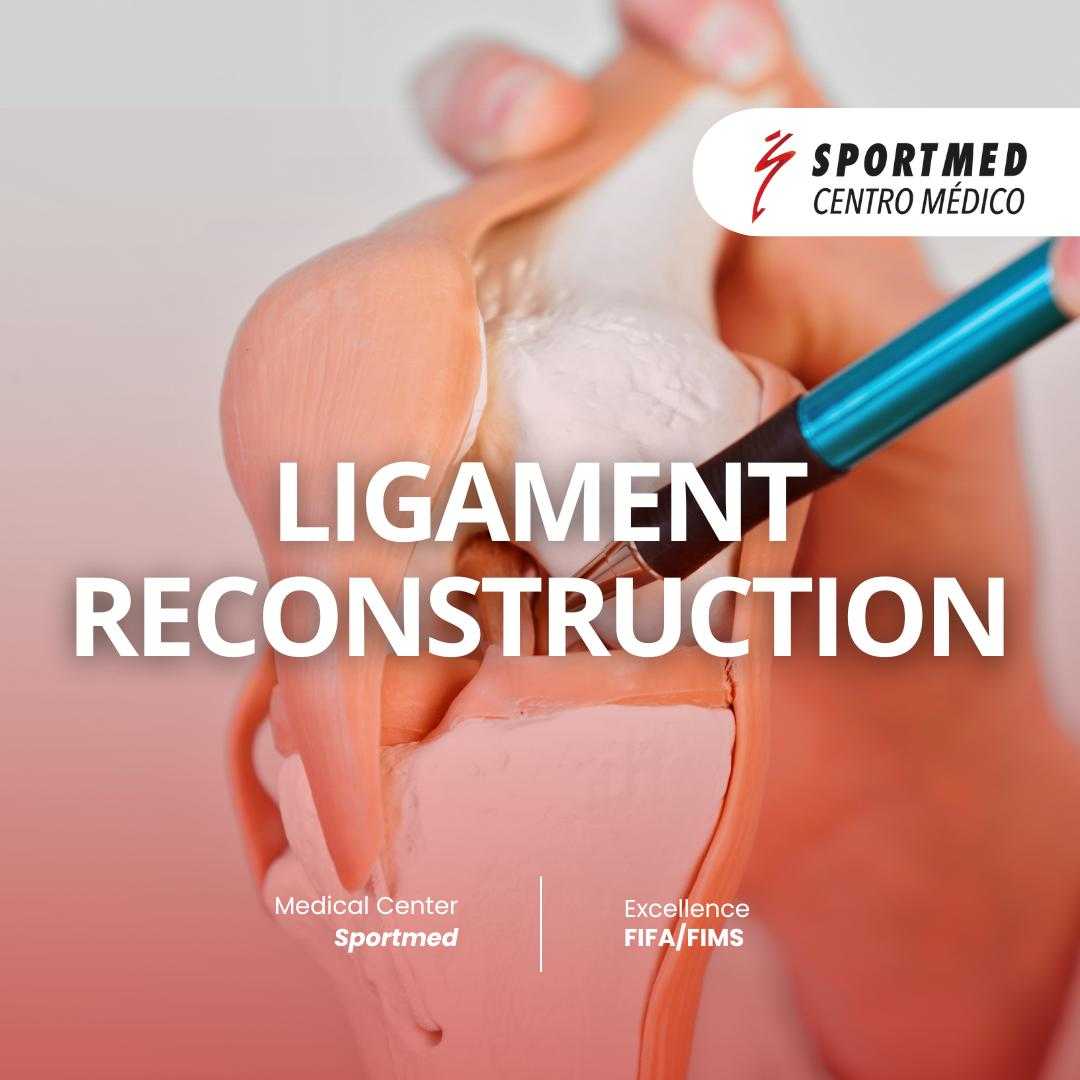

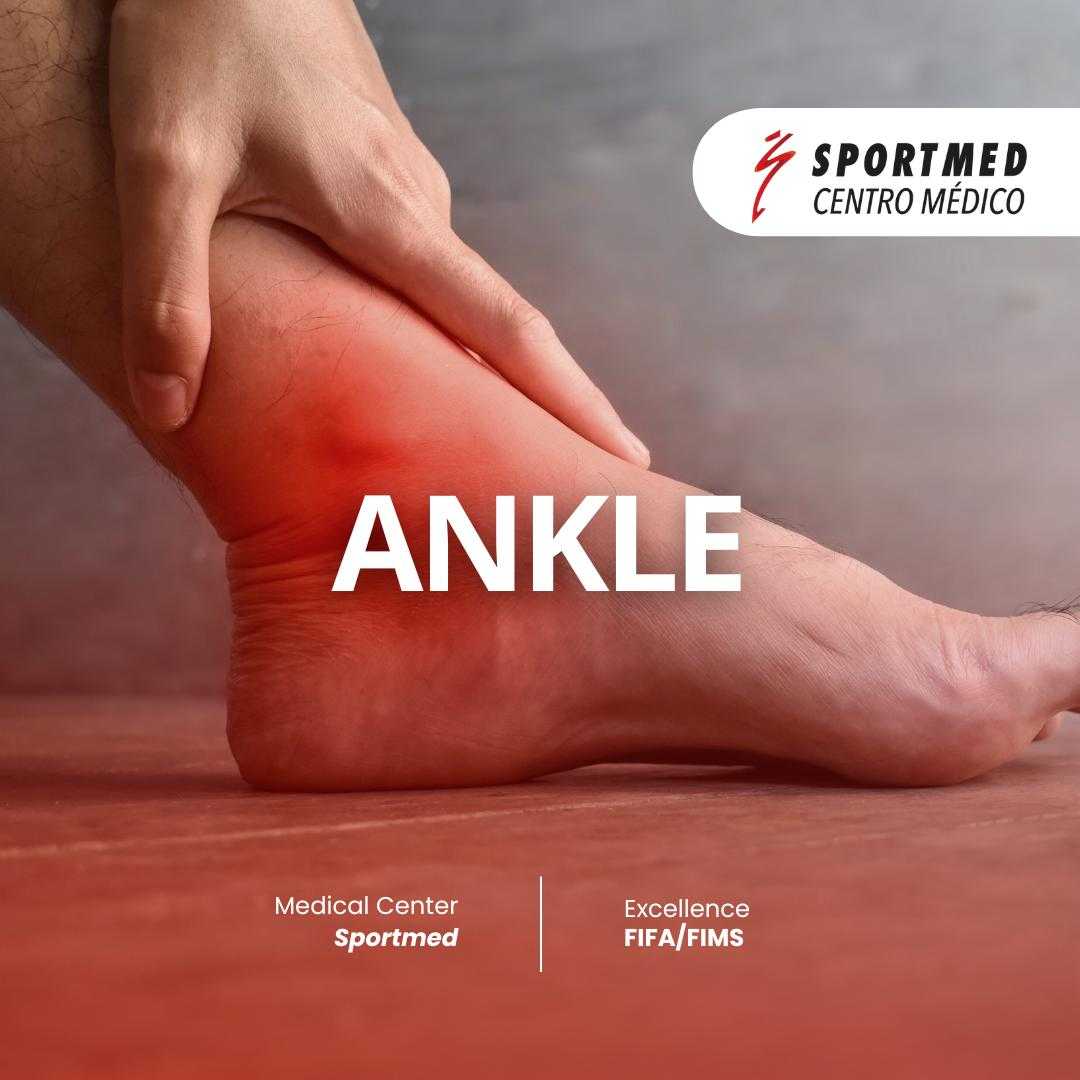
.png)
.png)
.png)
.png)
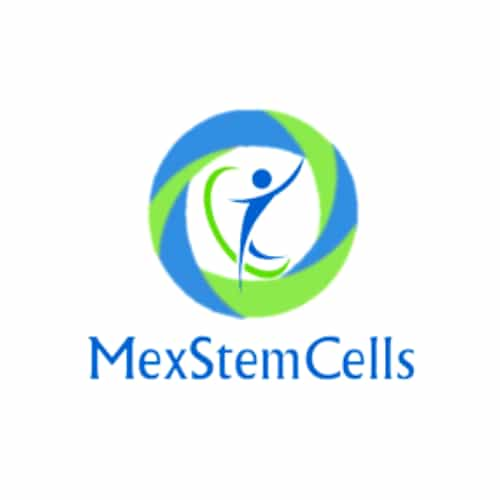
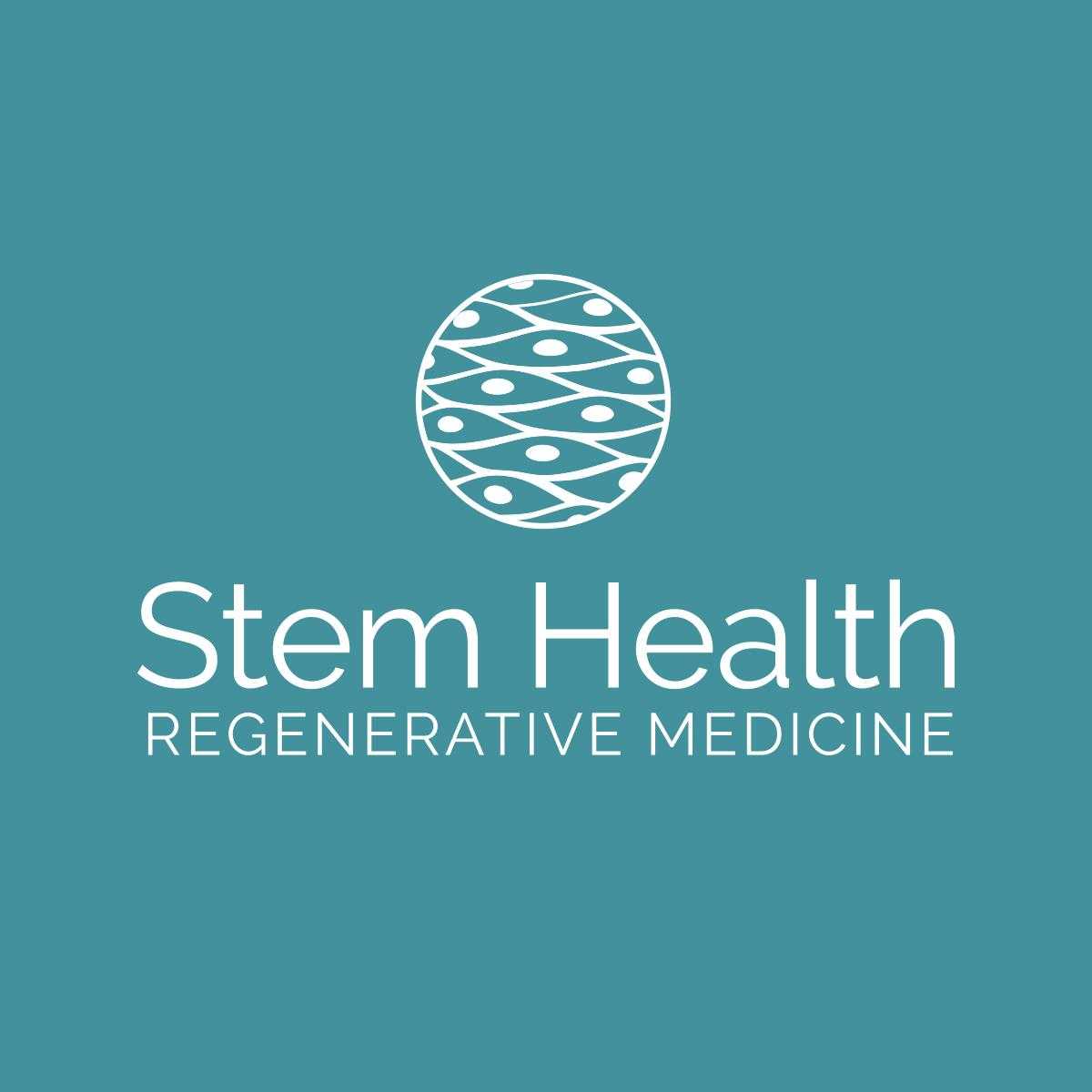
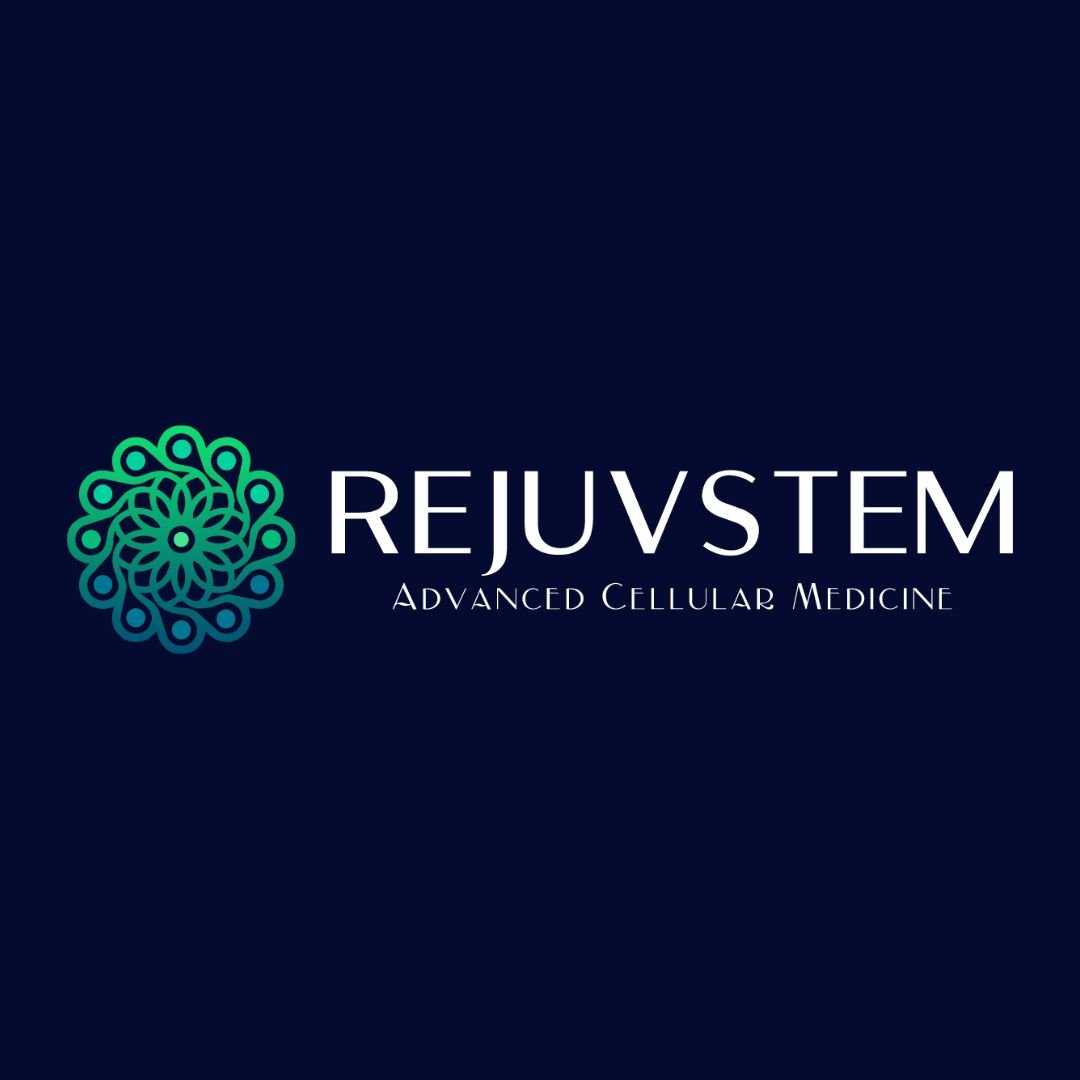
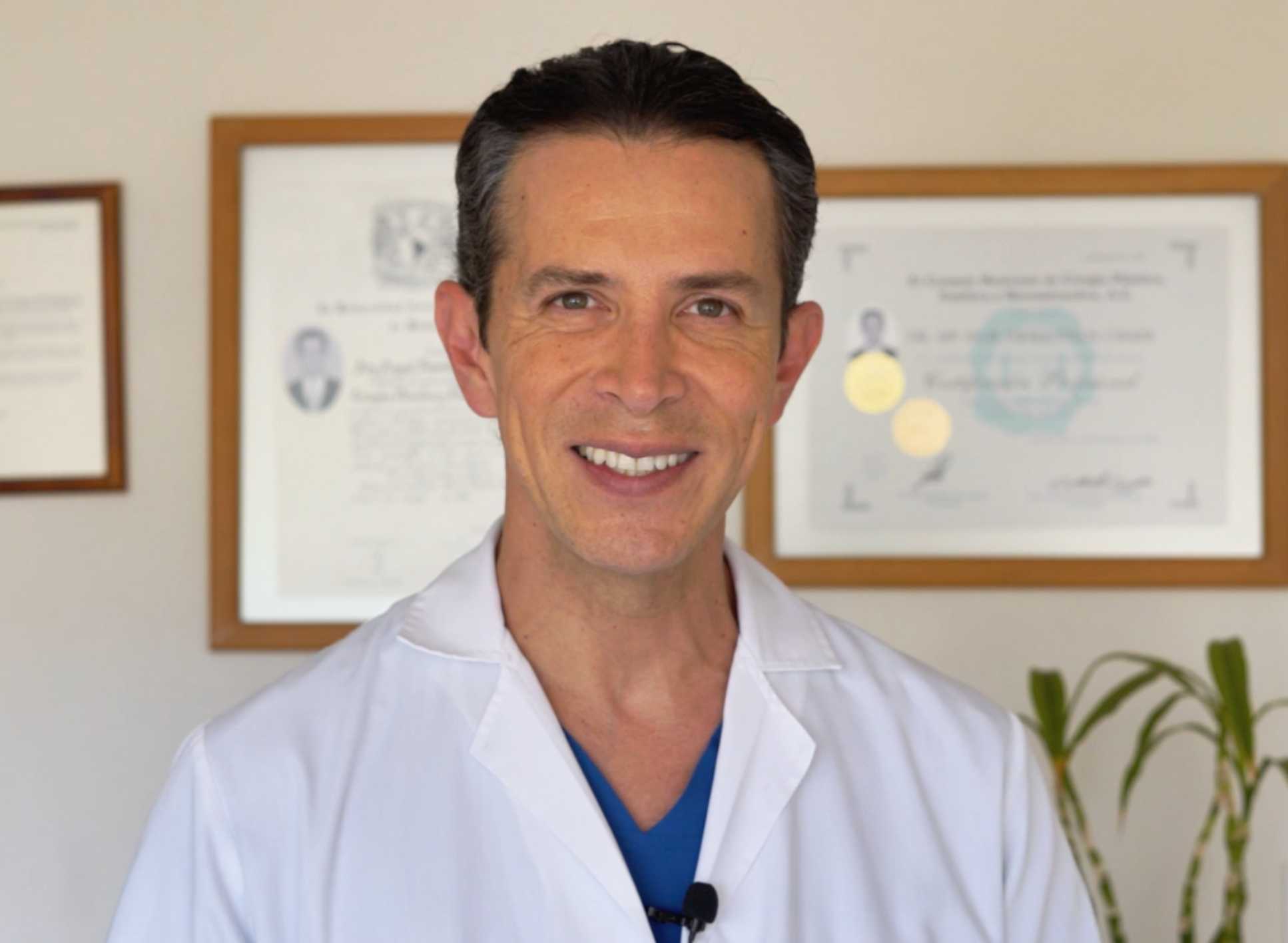
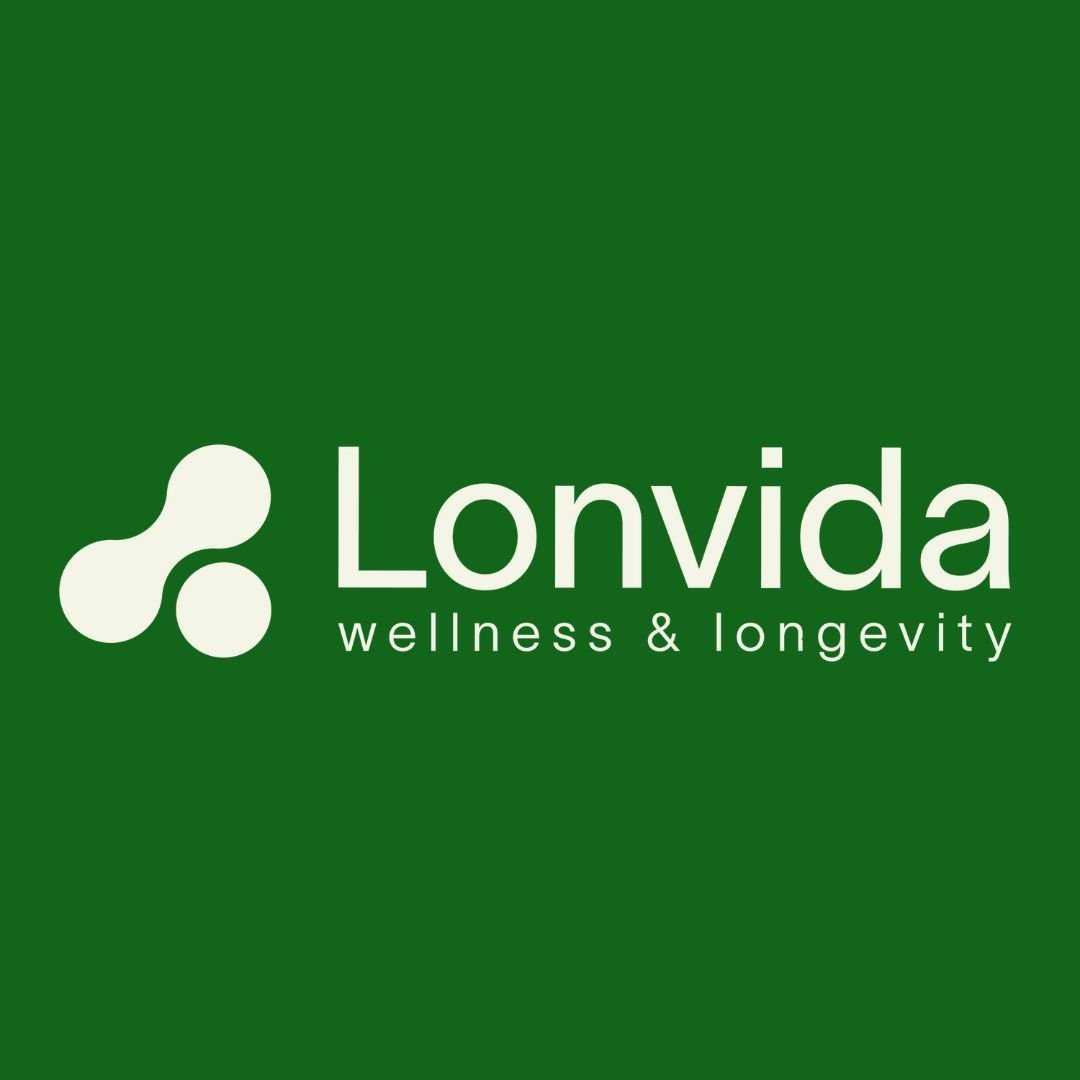

Share this listing